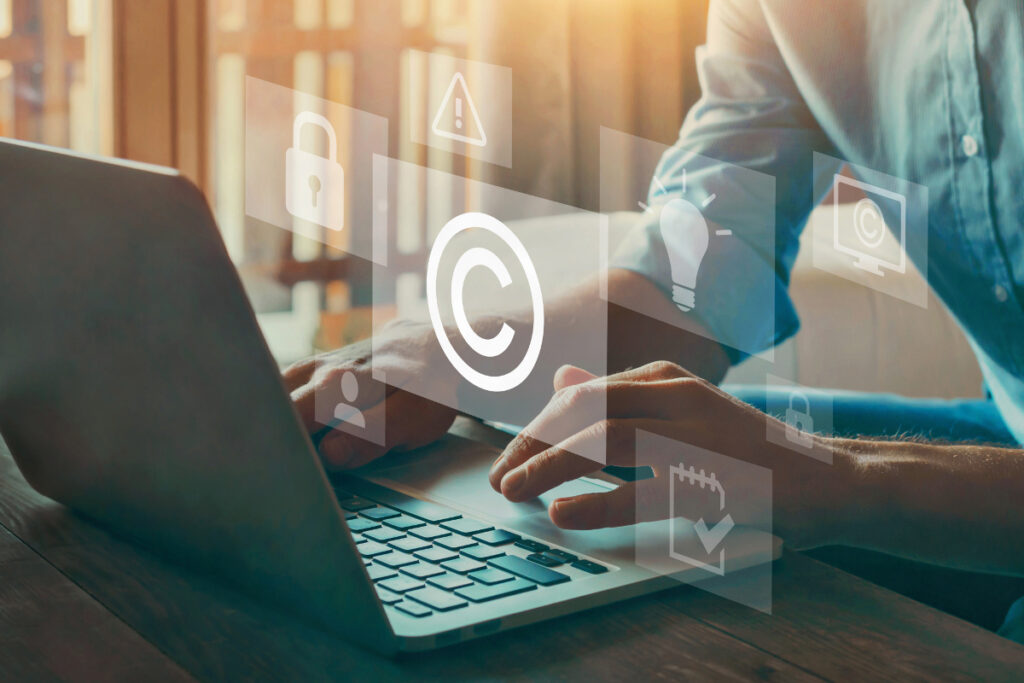In what has been dubbed the “copyright case of the century,” Oracle and Google have been locked in a decade-long copyright battle. Software firm Oracle accused tech giant Google of stealing lines of code from its Java programming language for Google’s Android mobile device operating system.
Google argued that computer code could not be copyrighted and that it fell under the “fair use” guidelines, protected by copyright law. Java is a commonly used programming tool used as the building block for many applications.
The Supreme Court, in their ruling, agreed. This decision has far-reaching implications that go beyond the tech industry.
In the 1980s, rappers 2 Live Crew sampled Roy Orbison’s song, “Oh, Pretty Woman” for a track. The band argued that they only used some lines and created a new song. Handing down a decision in 1994, the Supreme Court agreed. It was referred to as “transformative use.” This definition of transformative use has been expanded over the years.
The Motion Picture Association, and others in Hollywood, are nervous about transformative use cases. As legal experts explain, they’re worried about the type of creativity that’s inspired by new technology, which lets people creatively reuse existing content. The Copyright Alliance, representing organizations and individuals, issued a statement in which they expressed concern that this decision could lead to misinterpretations of the copyright law and transformative use.
However, as a law professor at Duke University pointed out, recent court decisions have put limits on transformative use regarding copyright protection. One of these rulings found that Andy Warhol infringed upon a photographer’s copyright by using her Prince image without permission.
Marketplace – April 6, 2021 – Jasmine Garsd
Background:
Supreme Court Hears Oracle and Google’s Epic Copyright Fight
Most smartphones worldwide run on Google’s Android operating system. But did the company create that software in good faith? This is the main question in front of the U.S. Supreme Court, in a case that started on Wednesday. This copyright battle began a decade ago, when technology company Oracle claimed that Google illegally copied its code.
The 11,000 lines of code in question account for less than 0.1% of the 15 million lines of code that comprise the Android software. Google used a software component known as Java, which is owned by Oracle, in that code, without paying a licensing fee. According to the software company, due to Android’s success and far-reaching adoption, Google owes them $9 billion in damages.
The lawsuit alleges that Google used Oracle’s software in their competing product and then gave it to consumers free of charge, making it impossible to compete. According to Google, no party should be able to own or copyright this type of code.
The Supreme Court must answer the questions of whether copyright law addresses computer code, and if Oracle can claim copyright protection—that is, if it’s considered “fair use” for Google to use the same code.
See Google LLC, Petitioner v. Oracle America, Inc. (18-956).

